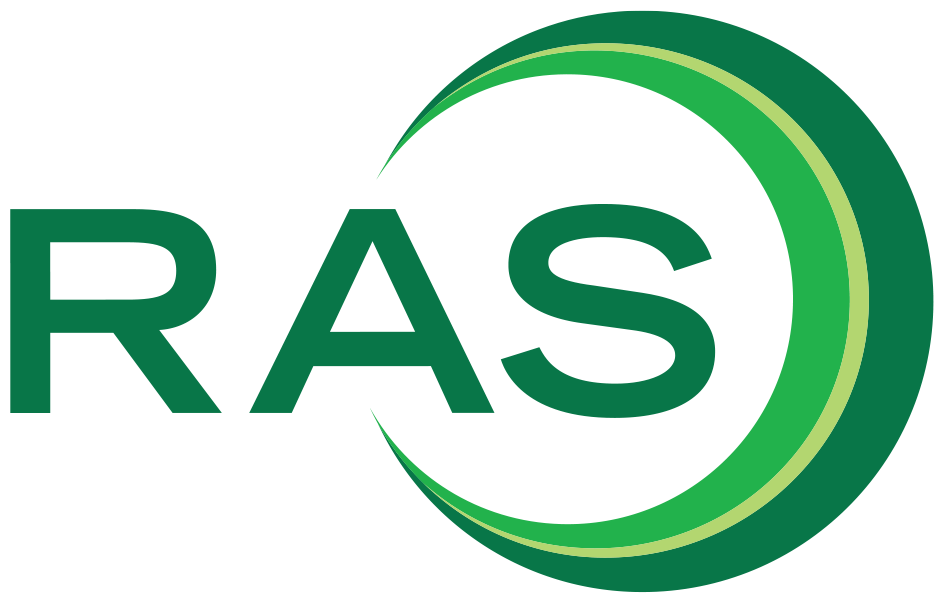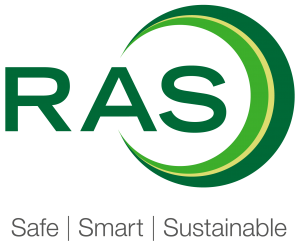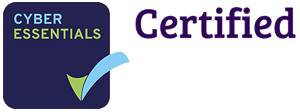Applying for a position
Vacancies
No current vacancies, please check back at a later date.
Your Application
You need to make sure your application does you justice and provides you with the best possible chance of getting an interview. This means taking time over your application and demonstrating your skills and experience.
The covering letter is your opportunity to sell yourself; make sure you use it to your advantage. You can include any information here that has not been covered elsewhere on the form. Tell us what attracted you to the role, why you’ll be good at it and why you’ll fit in well at RAS. You can also include, among other things, details about your skills, knowledge and/or experience which is relevant to the post; identify any employment gaps; voluntary work you have accomplished; and research, publication and/or presentation experience. Stick to the point and be brief – one side of A4 should be enough.
The Application Process
Once we have closed the applications, an internal review process will take place and a candidate shortlist will be developed based on the skills and experience demonstrated in the applications received. Candidates that have been unsuccessful during the application review process will be notified at this stage.
Initial interviews will then be conducted by members of the RAS team for the shortlisted candidates via Microsoft Teams. Candidates that have been unsuccessful during the initial interview will be notified at this stage.
Successful candidates following the initial interview via Microsoft Teams would then be invited to an in-person interview at our RAS office in Chester. During this in person interview, the candidates will be asked to prepare a task shared in advance of the meeting and give a short presentation.
Following the completion of the interview process, the successful candidate(s) will be notified, and a formal job offer extended.



